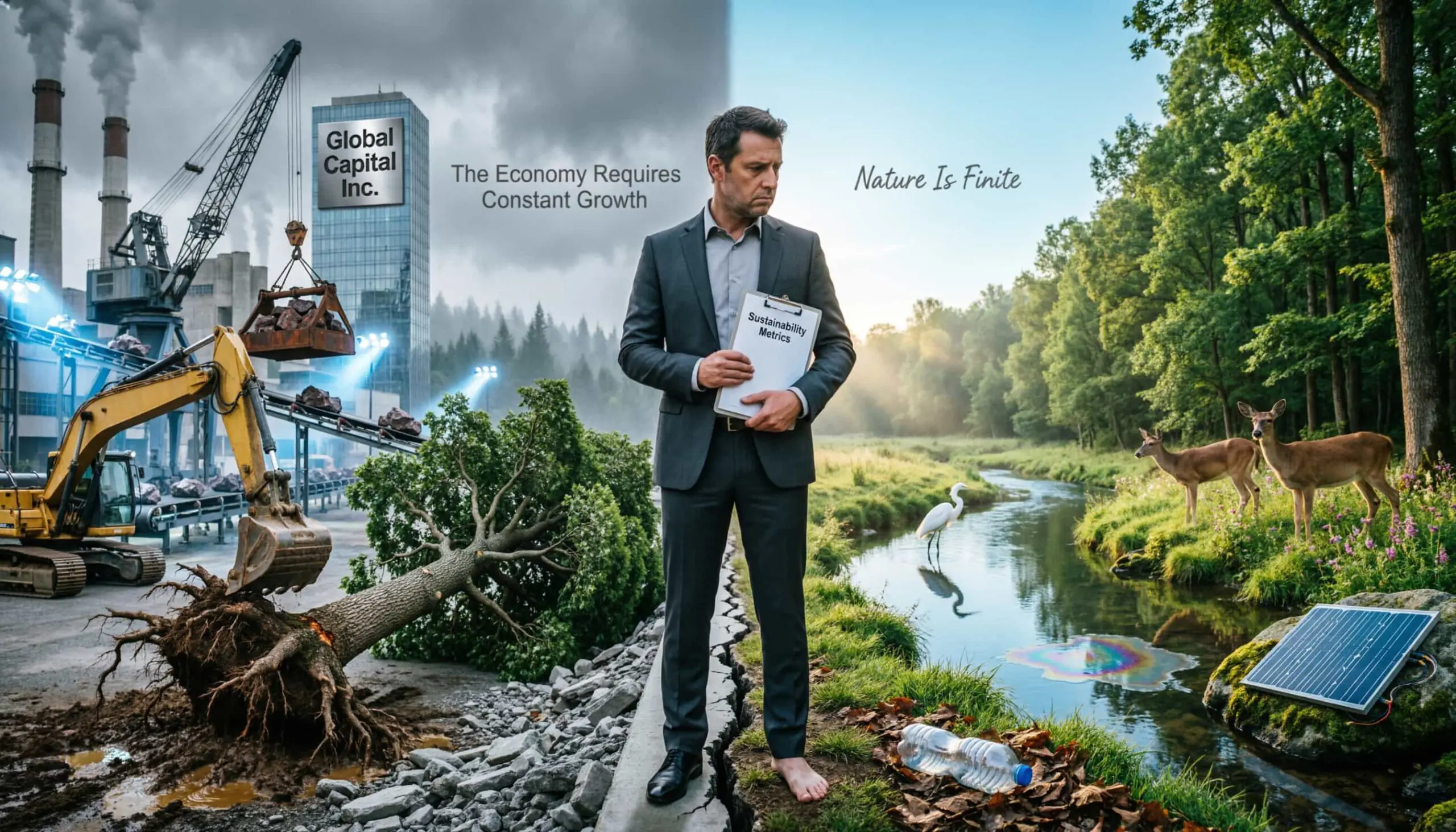The COVID-19 pandemic has had wide-ranging impacts on cities and may influence the transition to more environmentally sustainable cities for years to come. Added to the pandemic are other pressing crises, including new, urgent European Union policies to tackle climate change and environmental degradation and the impacts of the war in Ukraine. These, along with the energy crisis, are contributing to accelerated action but also present new challenges to ensure ambitious urban sustainability targets stay on track, according to the EEA report ‘.’
The report is an update on a previous EEA report on urban sustainability and is linked to a series of related studies published in 2020-2021. It seeks to compare the experiences of cities immediately before the pandemic and as they emerge from it and to assess whether there are areas where the pandemic has already led to changes in key drivers of change as well as barriers, too. Research for the report included surveys and interviews involving 64 cities across Europe.
Among the key lessons outlined in the report, the study found that the pandemic highlighted social inequalities and the need that any shift to sustainability does not leave anyone behind. Cities will need to ensure new green policies do not further alienate certain social groups. The report highlights that transitions will need to be tailored to individual cities and their unique qualities and circumstances.
Trigger for action
According to survey results, the COVID-19 pandemic has acted as a significant trigger for environmental and sustainability efforts. The EEA report notes a shift since the pandemic, particularly around issues of sustainable mobility and green spaces. Related to this, public opinion and awareness of the environmental challenges faced also seems to be an important trigger as was the crucial role of political vision to drive sustainability action.
Air pollution, traffic, lack and loss of green space, severe storms and flooding, stormwater management and noise pollution were identified as the top six environmental challenges facing the cities in the survey and interviews. The lack and loss of green spaces was listed as the lowest challenge pre-pandemic.
Cities are also facing a wide range of socio-economic challenges. The top six most important challenges are apart from the prominence of the COVID-19 pandemic and other communicable diseases, lack of affordable housing, urban sprawl, road congestion, demographic change and social exclusion.
EEA’s work on urban sustainability
The report is part of a series of products the EEA has published over the past year on urban environmental sustainability. Work explored climate resilience, quality of life, accessibility, healthy environment, food security, circularity, clean energy and sustainable buildings — at urban level.
The main objectives of the latest report are to generate in-depth knowledge about the drivers and barriers to sustainability and explore how they may have been influenced by the pandemic, ongoing European recovery efforts and recent European policy shifts including the European Green Deal, the EU urban agenda, and NextGenerationEU.
The EEA report is published ahead of this year’s European Week of Regions and Cities in Brussels which will include a focus on city green transitions. The Brussels event, which runs from 10-13 October, is dedicated to the EU’s cohesion policy and how it can make a difference in supporting a socially fair recovery and a successful green and digital transition.






